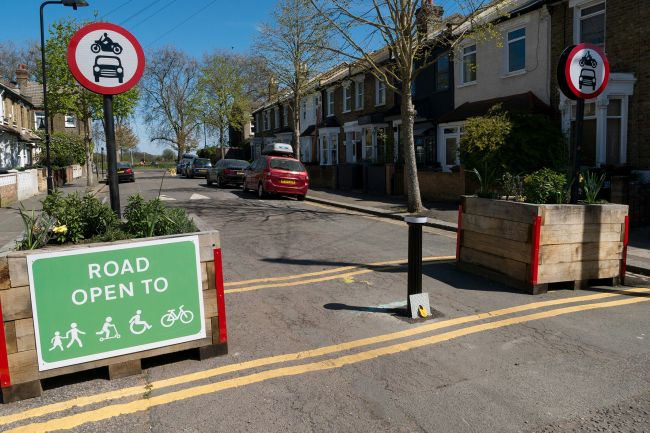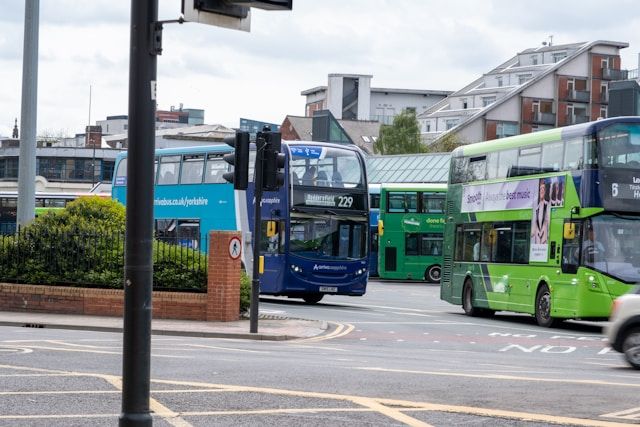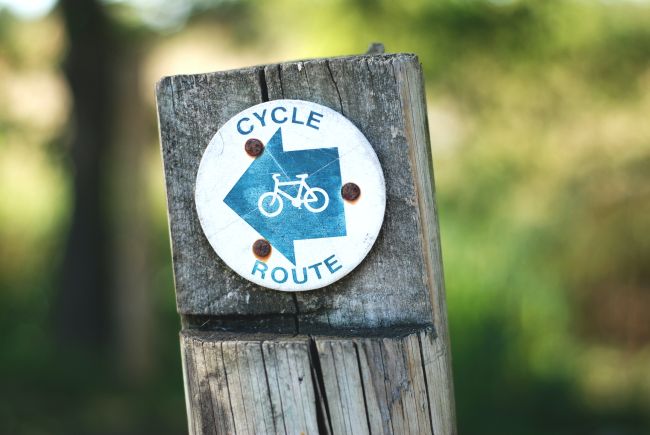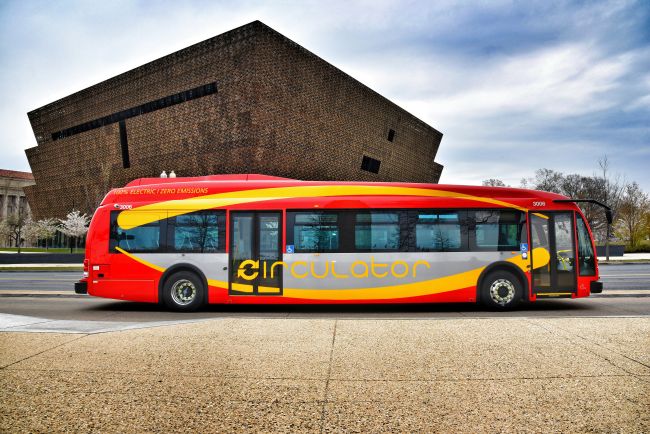Helping Millennials get from A to B
Research shows that young people are starting to learn to drive later than ever, and driving less than ever.
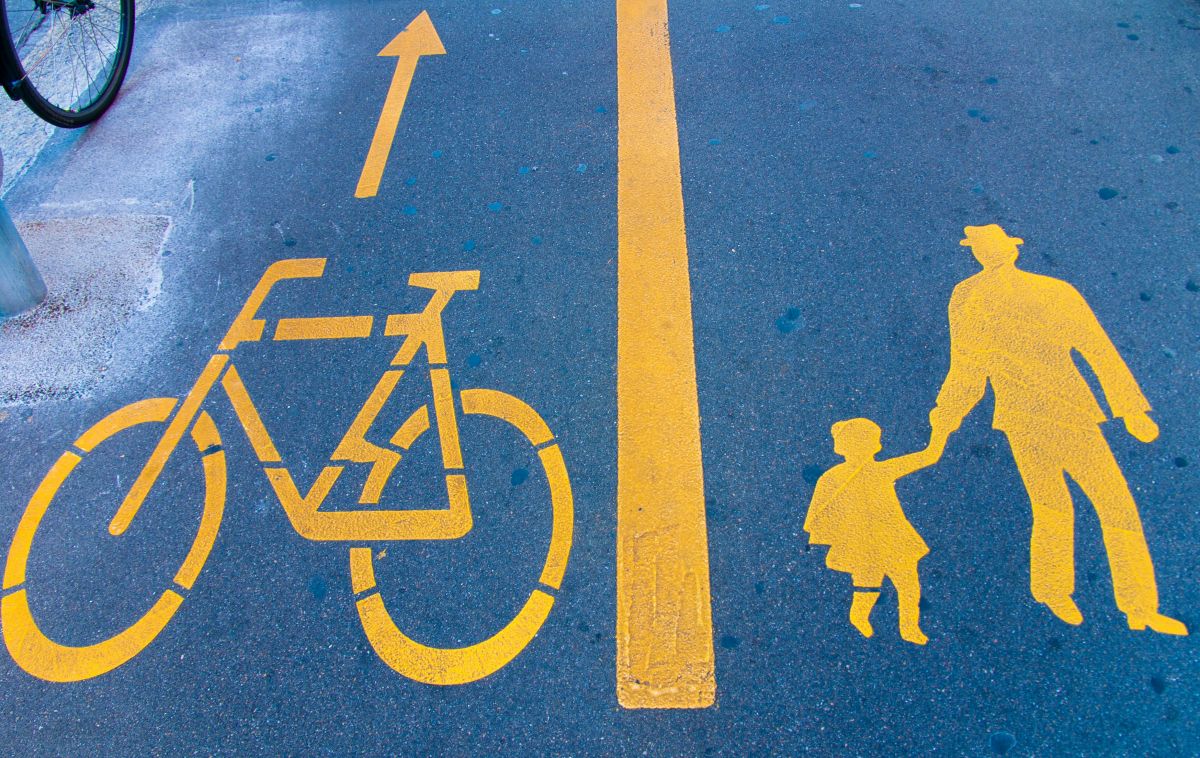
Research shows that young people are starting to learn to drive later than ever, and driving less than ever. What does this mean for practitioners of transportation demand management (TDM)?
The age at which the Millennial Generation, those born between 1980 and 2000, learn to drive is increasing. The Frontier Group and the U.S. PIRG Education Fund, recently released a report, “A New Direction”, which shows that these “millennials” are also driving less. In fact, the share of those aged 14-34 without a driver’s license rose from 21% in 2000 to 26% in 2010, and the number of average annual vehicle miles traveled by those aged 16-34 fell by 23% between 2001 and 2009. Market research has also found that just 27% of new cars in the United States are sold to those aged 21-34, compared to a peak of 38% in 1985.
“A New Direction” also found that in 2009, those aged 16-34 took 24% more bike trips, and travelled 40% more miles on transit, than in 2001. It would appear that freedom, for many of today’s youth, means a universal transit pass, or a bike, rather than a driver’s license.
Similar findings are emerging from Europe. The comprehensive 2012 “On the move” study of travel trends in Great Britain found similar trends of less license holding, later car adoption, and lower car use, and a wide range of factors suggesting that the trend might continue.
What does this mean for TDM practitioners?
This has a number of implications for those of us working in TDM.
First, the task is no longer one of getting young people out of their cars but rather of showing them that there are alternatives to needing to have one in the first place. This suggests that we should focus on reinforcing existing positive behaviors rather than discouraging existing negative ones. Innovative products, messages and services which demonstrate the alternatives to taking up car ownership will be key in achieving this.
Second, the focus will need to broaden from car commuting to the wider range of journeys millennials may make as they advance in their careers and start families. If even a small proportion of young adults are seen to manage their lives effectively with little or no regular dependence on a car, others are likely to follow and in the longer term children could adopt the same arrangements as their parents.
This long-term approach to TDM should also provide more children with the opportunity to walk or bike safely to school, so that they will continue these behaviors as they grow up. In schools, our work with Bikeability, the UK’s national bike training program, has found that elementary students receiving bike skills training are more likely to ride their bikes to high school. In universities, studies of commonly-employed universal transit pass programs show strong links between U-Pass use and lifetime transit use. Students who regularly commute via transit are more likely to use transit and to make TDM-supportive choices later in life, adjusting where they live, work and shop based on convenient access to transit.
To support millennials who are interested in more than just travel time and cost savings, practitioners must also continue to encourage and highlight the less apparent benefits associated with alternative travel modes that are aligned with millennial values: an active lifestyle; easy access to goods and services; and community building opportunities.
Sustainable modes are becoming the modes of choice for large numbers of young people and students across North America. We need to help those that would rather not drive by ensuring the provision and visibility of real alternatives offering a convenient, effective and feasible transportation solution. We also need to highlight the benefits of an attractive lifestyle and easy access to goods and services.
